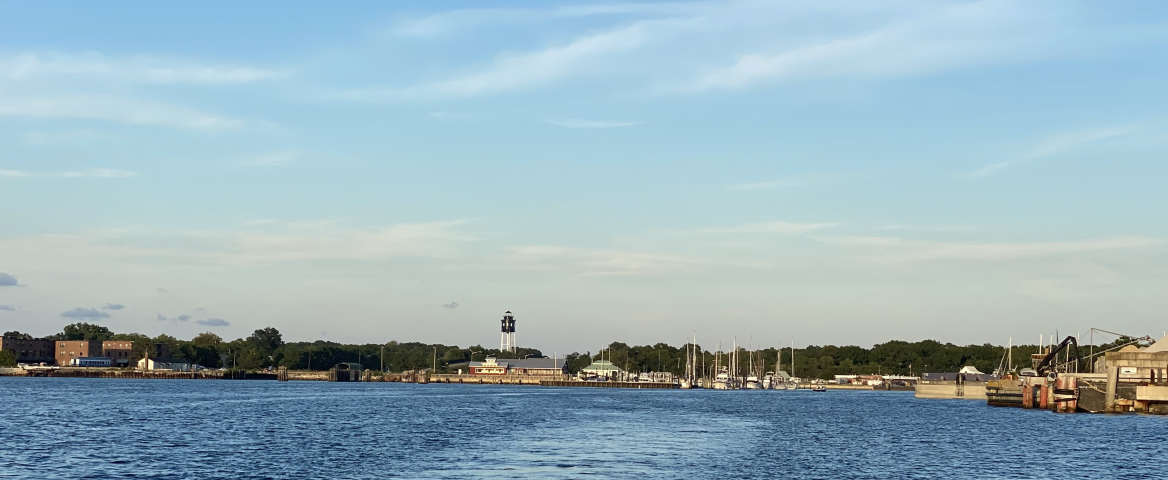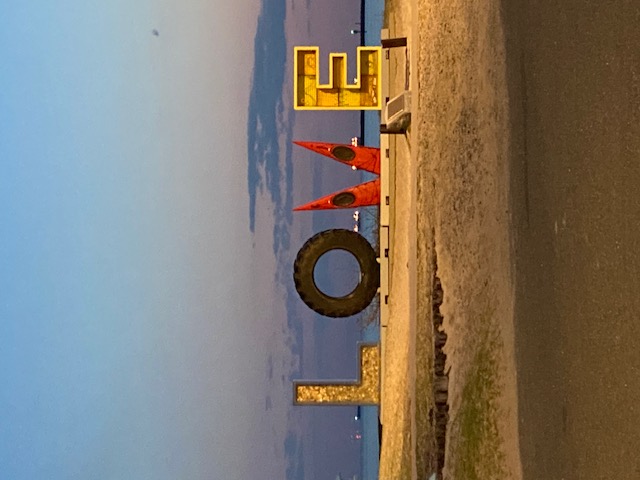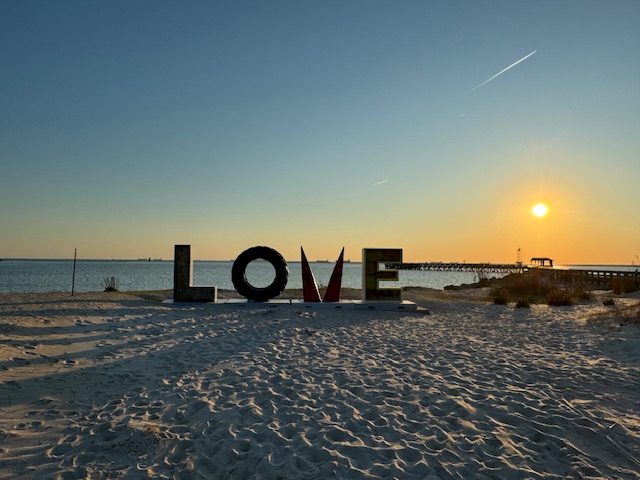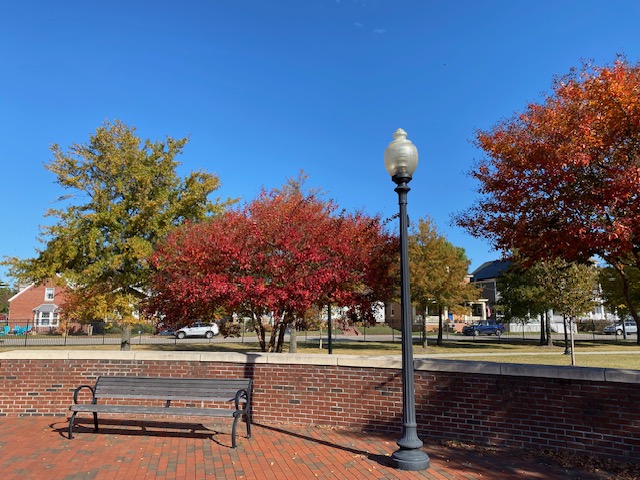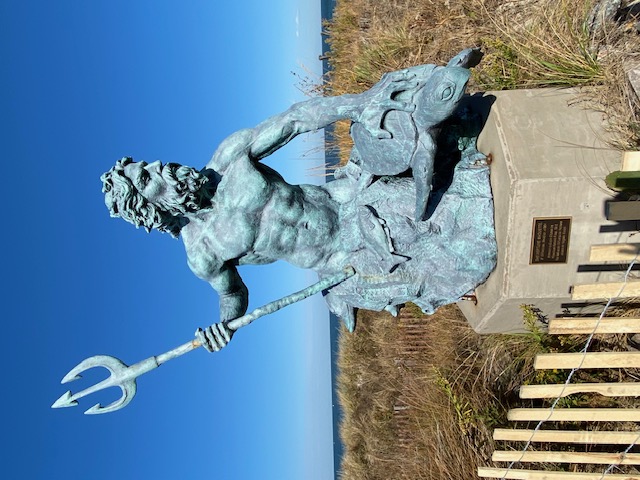The History of the Rotary Crab Cake
(Contributed by Bill Payne)
The Cape Charles Rotary Club is renowned for its 100% crab meat, no filler, crab cakes. Since the 1980’s, the service organization has sold crab cakes to support its mission – “Service above Self”. In the beginning, crab cake sandwiches were prepared in a donated pop-up tent trailer that was converted into a sales stand.
Rotarians Rick Hubbard, Grant Robbins and Cliff Thibodeaux led the trailer conversion effort. However, no one goes to market without a killer recipe. Another Rotarian, Paul Watson, Chip and Bill’s father, owned a Cheriton restaurant called “Paul’s”. The original crab cake recipe is attributed to Paul, but Sherman Stairs, often the lead cook, recalled the original recipe was contributed by Mary Barns of Cape Charles. Regardless, this fundraising tradition was launched, and the community became accustomed to the Rotary selling crab cake sandwiches, with all the condiments, at holiday celebrations and other community events. While the experience was rewarding, it was hard work and sales were modest.
Furthermore, the health department frowned upon the cooking arrangement, and the “crank-up” camper had become a maintenance issue. Driven by necessity, around the turn of the century, the Club realized it would be more successful if it sold uncooked crab cakes to its friends and neighbors. As anticipated, production and sales greatly increased.
The “cook them yourself” model was a fundraising success. Enter former Rotarian, Ann Sayers, who oversaw crab cake production during and many years after her active Rotary service. She “tweaked” the original recipe; however, fillers have never been used. In 2015, the product was further enhanced when Panko crumbs replaced the traditional recipe’s cracker meal coating.
The Rotary now prepares its crab cakes at the Cheriton Volunteer Fire Company, 21334 South Bayside Road, in Cheriton, where they are available for pickup around noon. Volunteers begin arriving at the place around 8 am where they put on their gloves, hair nets, and, while masks are optional since Covid restrictions have been lifted, they are encouraged. Many long-time Rotary supporters purchase multiple trays and freeze them for later consumption.
Over the years the organizers have perfected the production line for efficiency, consistency, and strict timeline schedules so that by noontime, all the trays have been sorted out and wrapped in clear plastic on the table for pick up around noon. The trays not picked up are then brought home to be frozen until their owners can claim them. At the last crab sales in November 2023, the Club sold 1710 crab cakes and had a net profit of over $8000.
During the height of the Covid pandemic, in 2021, the Club could not hold its bi-annual crab cake sales, and we had to come up with a new idea to raise funds. Randy Diamond secured the donation of a golf cart from Peebles Golf Carts in Charlottesville and Bay Creek Resort so that we could run a raffle with the golf cart as the prize. Member volunteers sold tickets to friends, at the Cheriton campground, and at Strawberry Plaza on Mason Avenue. The drawing was then held on July 4, 2021, after the Independence Day parade, at the gazebo by the beach, with the
lucky ticket drawn belonging to Mrs. Lee Walker. It was a lot of fun, and the 1629 tickets sold resulted in the Club getting $14K to fund its projects. The fundraiser was so popular that other community groups then followed our example with similar raffles.
The next year, an Art Raffle fundraiser drew participation from 20 artists from the Eastern Shore. It was spearheaded by Bill Payne, from an idea by Chuck Huber, and with technical support from Jim Ritch and Joan Natali, who designed the website and flyers. A series of drawings for the 20 donated art pieces was held at Lemon Tree Gallery in April, with the resulting effort generating an overall profit of $6600. This fundraiser was also notable in drawing out the African American artist (born in Cape Charles but now residing in Hampton) Richard Press, who introduced his work locally through a special showing at the Lemon Tree Gallery. Richard’s interest then led to
his active participation in the club’s Invisible History project as Chair of its Advisory Board.
